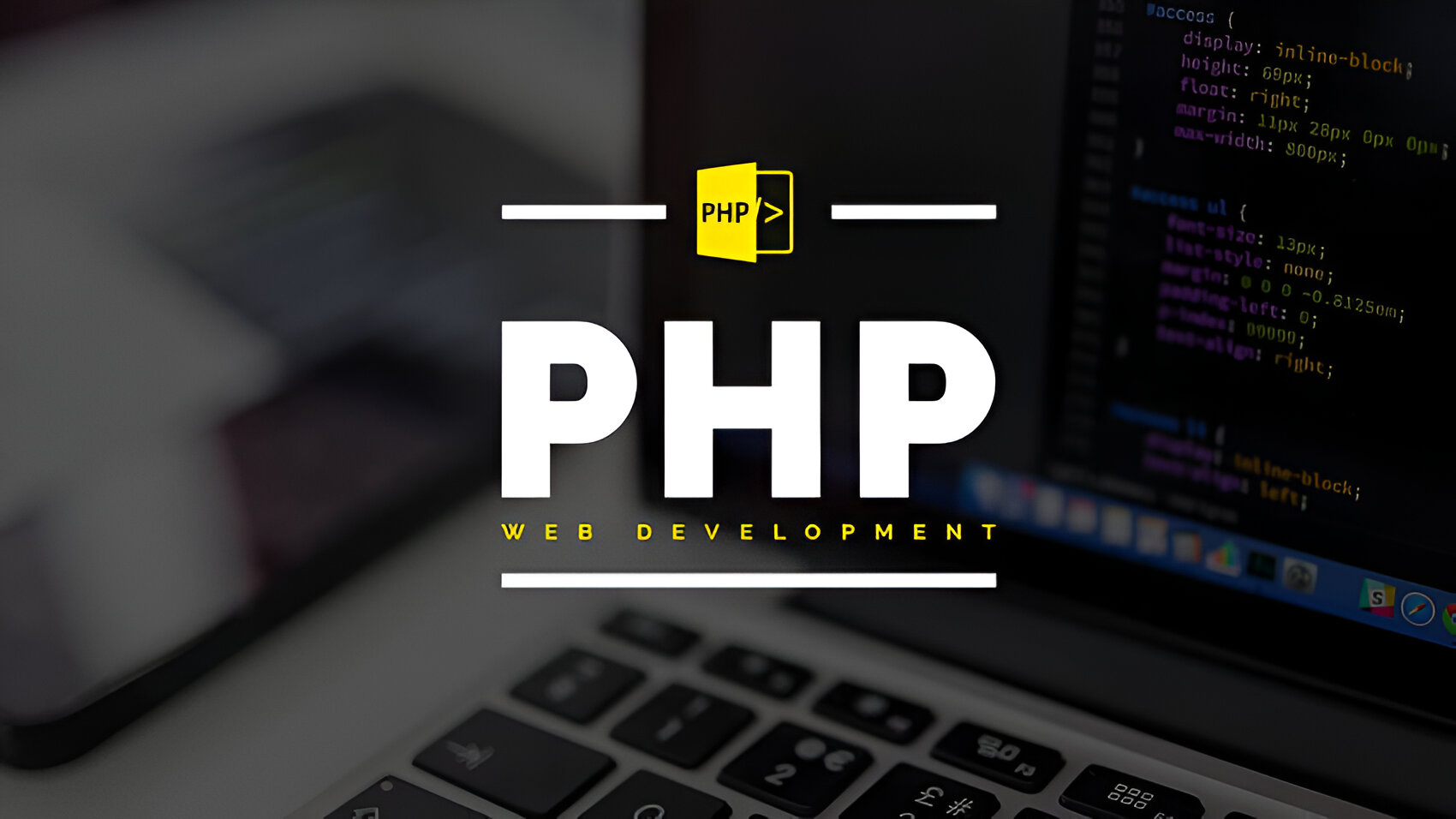
About PHP in 100 Seconds
What is PHP
PHP is an open-source, server-side programming language that can be
used to create websites, applications, customer relationship
management systems and more.
It is a widely-used
general-purpose language that can be embedded into HTML. This
functionality with HTML means that the PHP language has remained
popular with developers as it helps to simplify HTML code.
What does PHP stand for?
PHP stands for ‘PHP: Hypertext Preprocessor’, with the original PHP
within this standing for ‘Personal Home Page’.
The
acronym has changed as the language developed since its launch in
1994 to more accurately reflect its nature.
Since its release, there have been 8 versions of PHP, as
of 2022, with version 8.1 currently a popular choice among those
using the language on their websites.
What is PHP used for?
PHP programming can be used to create most things that a software developer needs. However, there are three main areas in which it thrives.
1. Server-side scripting
Server-side Script is PHP’s main strength. If you are just
learning to code and want to explore server-side scripting, PHP
is a great language to learn.
To get cracking with
PHP server-side scripting you’ll need to have a PHP parser, web
server and web browser.
2. Command-line scripting
Command-line scripting is ideal for scripts made using cron (Linux) or Task Scheduler (Windows). It is also great for simple text processing.
3. Writing desktop applications
PHP is probably not the best language to use to create desktop applications but for the advanced web developer, it provides you with many more options than its competitors.
How to Use PHP?
There are three major things needed to code effectively in PHP:
1. PHP Parser
The parser takes PHP code and analyses it, outputting a respective syntax tree that puts the source into an easier to read format for machines to understand
2. Web Server
The server is the program that will execute your PHP files to form webpages
3. Web Browser
The browser will allow you to view the PHP page through the server, in the same way as with any other content on the web
Advantages of PHP
PHP has endured as a popular programming language for almost three decades owing to the number of benefits it offers users and developers. The most significant of these are:
- It is cross-platform: As mentioned above, PHP can be run on any major operating system, This also means that you dont have to worry about members being able to access code!
- It’s open-source: Open source means that PHP is a free programming language, so you don’t have to worry about additional costs when building your project
- Many developers understand it: The longevity of PHP means there’s already a large community out there to support you, and a large amount of legacy code to help you get started with projects.
- It works brilliantly with HTML: PHP can help simplify your projects and works seamlessly with this dominant programming language.
- As a language, it is relatively easy to learn: Because of its simplicity, PHP is quicker and easier to pick up than some other alternatives.
- There are plenty of tools available: There are tools to help you with just about anything for PHP, from integration, code hinting, syntax highlighting and more, there is a lot of support for you.
- It offers great load times for websites: With website performance becoming more and more tied to speed, PHP’s quick load can really help you succeed.